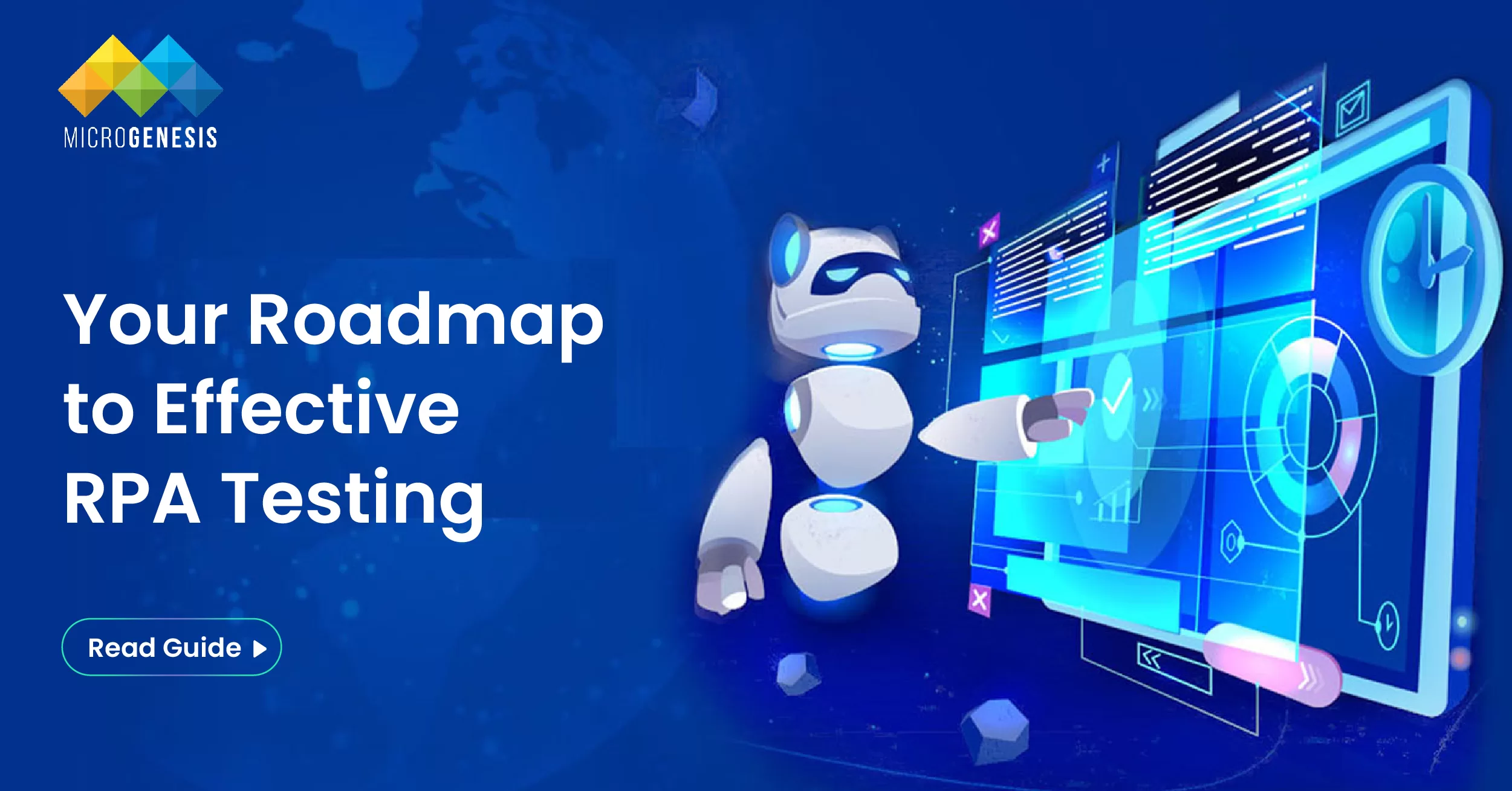In the rapidly evolving business landscape of 2024, Robotic Process Automation (RPA) stands out as a transformative force, reshaping various industries. This article explores 10 compelling RPA use cases, showcasing how organizations leverage automation to optimize processes, enhance productivity, and strategically position themselves in a competitive market. From finance and customer support to healthcare and compliance, each use case demonstrates the versatility and impact of RPA in driving operational excellence and staying ahead in today’s dynamic business environment.
1. Finance Automation:
In the realm of finance automation, Robotic Process Automation (RPA) plays a pivotal role in revolutionizing traditional processes. From expediting data entry to automating invoice processing and reconciliation, RPA brings unprecedented efficiency to financial workflows. This transformative technology not only accelerates operations but also significantly reduces errors, ensuring precision in financial transactions and data management. RPA emerges as a transformative force, bringing unparalleled efficiency, accuracy, and compliance to traditional financial processes.
2. Customer Support Enhancement:
RPA revolutionizes customer support by automating ticket routing, data retrieval, and response generation. This leads to faster response times, personalized interactions, and heightened customer satisfaction. Automated processes streamline support operations, allowing agents to focus on complex queries and providing a seamless and efficient customer experience. With RPA, organizations can elevate their customer support capabilities, ensuring prompt assistance and building stronger relationships with customers
3. HR Processes Optimization:
In HR, RPA revolutionizes tasks such as onboarding, payroll processing, and benefits administration. This automation boosts efficiency, minimizes manual errors, and elevates the overall employee experience. Automated HR processes contribute to a seamless and error-free management of employee information, payroll transactions, and benefits coordination, ensuring a more streamlined and employee-centric approach.
Dig Deeper: How Implementing RPA Can Accelerate Business Growth
4. Supply Chain Management:
In supply chain management, RPA transforms operations through automated order processing, inventory management, and shipment tracking. This automation enhances supply chain agility, reduces lead times, and improves overall efficiency. Automated processes contribute to a more responsive and streamlined supply chain, ensuring organizations can meet customer demands effectively and optimize their logistics and inventory management.
5. Data Migration and Management:
Automating data migration tasks with RPA ensures a smooth, error-free transfer between systems. RPA also plays a crucial role in data management, performing tasks such as data cleansing, validation, and updates. This contributes to maintaining data integrity across the organization, ensuring accurate and reliable information for informed decision-making. Additionally, the automated processes save time and resources, allowing organizations to focus on deriving insights from their data rather than managing manual data transfer and maintenance tasks.
6. Invoice Processing:
RPA streamlines invoice processing by automating data extraction, validation, and reconciliation. This accelerates the invoice-to-pay cycle, reducing manual efforts and enhancing accuracy in financial transactions. The automated workflow ensures swift and error-free processing of invoices, contributing to improved financial efficiency and streamlined accounts payable processes for organizations. Experience unparalleled efficiency in accounts payable with RPA’s automated invoice processing. Swift data extraction, validation, and reconciliation contribute to a seamless invoice-to-pay cycle, optimizing financial operations.
7. Healthcare Claims Processing:
In healthcare, RPA revolutionizes claims processing by automating tasks like verification, adjudication, and payments. This expedites processes, reduces errors, and ensures compliance with healthcare regulations, enhancing operational efficiency. By automating these intricate tasks, RPA significantly contributes to the streamlined and error-free management of healthcare claims, allowing healthcare providers to focus more on patient care and less on administrative complexities.
Also Read: Revolutionizing Business Processes: Exploring the Benefits of Robotic Process Automation
8. IT Helpdesk Automation:
RPA in IT support extends beyond routine tasks, enhancing overall operational efficiency. By automating incident resolution, ticket management, and helpdesk activities, organizations experience improved service delivery. Users benefit from faster issue resolution, contributing to higher satisfaction levels. This streamlined approach empowers IT teams to allocate time and expertise more strategically, ensuring a proactive and responsive IT environment.
9. Compliance Monitoring:
Automating compliance monitoring with RPA establishes a robust framework for continuous adherence to regulatory standards. RPA technology excels in monitoring changes in regulations, conducting regular audits, and generating comprehensive compliance reports. This proactive approach significantly reduces the risk of non-compliance, ensuring that organizations stay aligned with evolving regulatory requirements. The automated compliance processes contribute to a more resilient and secure operational environment, mitigating potential risks associated with regulatory non-conformity.
10. E-commerce Order Processing:
RPA revolutionizes e-commerce order processing by automating critical tasks such as order entry, inventory updates, and order fulfillment. This transformative approach ensures swift and accurate order processing, minimizing errors and enhancing overall customer satisfaction in the dynamic e-commerce landscape. The automated workflow optimizes efficiency, reduces processing times, and contributes to a seamless customer experience, positioning organizations for success in the competitive e-commerce market.
In summary, these 10 RPA use cases demonstrate the transformative power of automation across diverse industries. By harnessing RPA technologies, organizations can not only optimize their operational processes but also gain a competitive edge in today’s fast-paced and ever-changing business landscape.
MicroGenesis, as a leading RPA solution provider, empowers organizations to harness the full potential of Robotic Process Automation. Our tailored RPA services and expertise guide clients in implementing, optimizing, and scaling RPA solutions. From strategic planning to seamless integration, MicroGenesis ensures that organizations leverage RPA to enhance efficiency, reduce costs, and achieve transformative results in their business processes.




